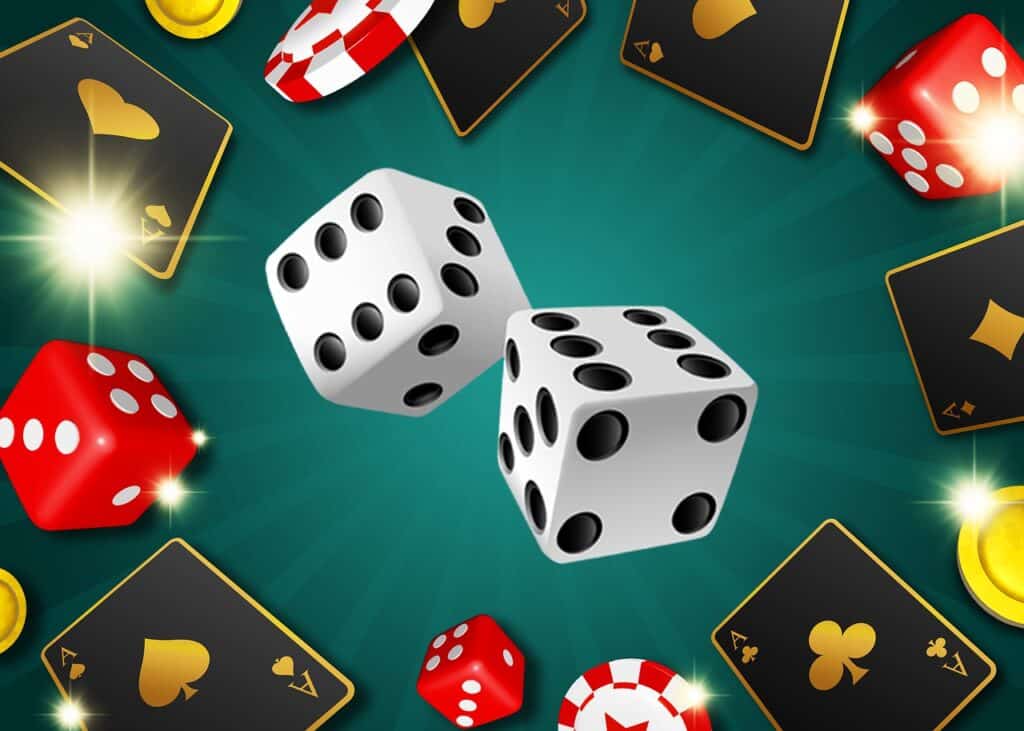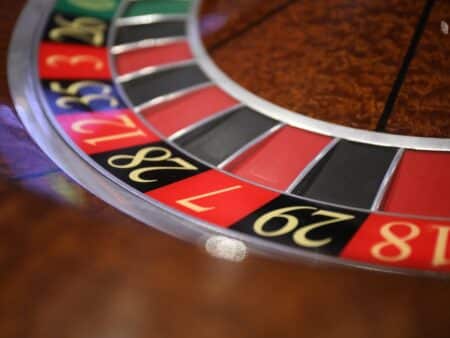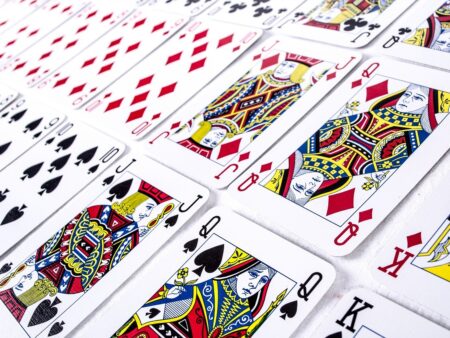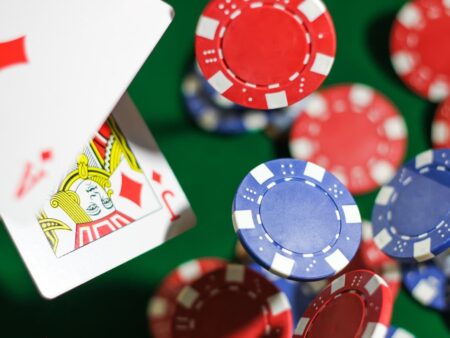To excel at poker, you should develop certain skills – and these skills can come in handy in everyday life too! Read this article to get to know the details!
Is poker luck or skill? People who are curious about gambling but haven’t tried it yet often ask this question. Poker is a game of skill. Luck also plays an important part in it — but to win, it’s crucial to have experience and make an intellectual effort. In this article, we’ll share advice on how to boost your poker skills, even if you’re a complete newcomer.
Manage Your Budget
Rule number one in gambling is to place only those funds at stake that you can afford to lose. Never borrow funds or take loans to spend on poker. If you’re only making your first steps in the gambling sphere, it would be reasonable to start with the tiniest bets possible. As you gain confidence, it makes sense to gradually increase your bets. If you keep losing, stop this gaming session, take a break and try next time — maybe, you’ll be luckier then!
No need to say, you should indulge in poker only on legal and licensed online platforms. If you sign up for a website or app that fails to provide guarantees of its legitimacy, you’re putting your funds and personal information at risk.
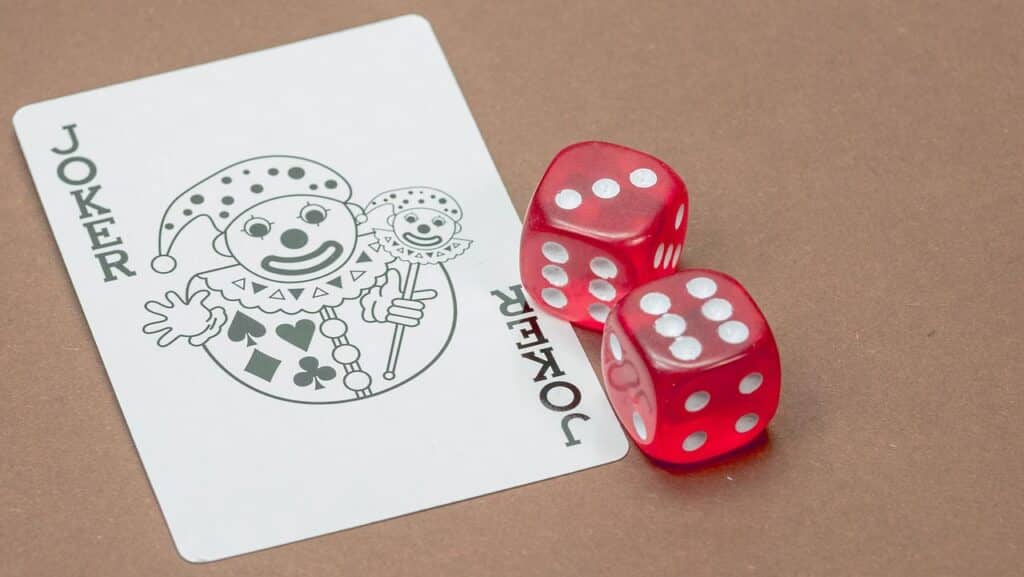
Avoid Making Decisions When You Feel Nervous
When playing poker, you might feel under pressure too often. Every decision you make can have serious consequences for your budget and also your reputation within the poker community. That’s why you should avoid this game when you feel unwell or had an argument with your partner.
Sometimes, more experienced opponents might put psychological pressure on you. For instance, they might start coughing when you think too long. Don’t let them provoke you! Learn to pay zero attention to them and 100% concentrate on your cards.
Be Patient
Does poker require skill? Yes, and one of these skills is patience. Sometimes, you need to wait a lot until fortune begins to favor you. Plus, your opponents might take time during the gaming session to think about their decisions. Even if they make you wait long, you shouldn’t worry. The more cold-blooded you remain, the higher your odds of winning.
Learn to Lose
Top-performing poker players never get frustrated — even if they lose a lot of money. For a confident start in this game, it’s vital to develop a philosophical mindset. When you fail to win, it doesn’t mean there is something wrong with you. It only means that our life is a series of ups and downs.
Avoid blaming yourself or inventing reasons for your failure. Instead, analyze the factors that led to your loss, such as a poor hand or very strong opponents. Admit the mistakes that you made. Accept the fact that you simply couldn’t change some aspects of your gaming sessions. Make conclusions, relax and get ready for the next attempt sometime soon.
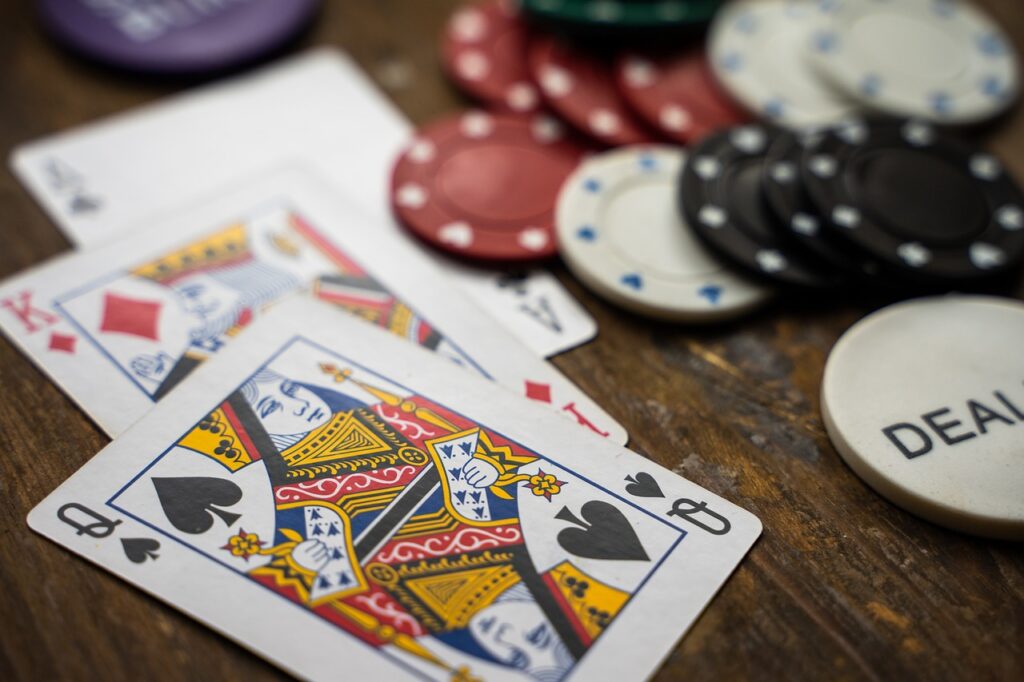
Read Your Opponents’ Body Language
Here, we can’t neglect the difference between online vs live poker. When playing online, you probably won’t see your opponents. If they switch on their cameras, the pictures might be too small or not detailed enough. Internet poker makes it challenging to follow this recommendation.
The situation is very different when you see your opponents face-to-face in a brick-and-mortar room. In this case, every breath and every turn of one’s head matter! In a few months, you’ll learn how to detect anger, fear, panic and many other emotions. At the same time, try to disguise yours. No one should be able to guess what you really think or feel at any given moment!
Pro players keep their poker faces in any situation. Some of them even learn how to cheat on their opponents: they make facial movements typical of people who have bad cards — and in fact, they might have very good ones (or vice versa). Over time, you’ll learn how to detect such cheaters and not let them misguide you.
Play the Hand You Are Dealt
When you get a bad hand, don’t give up immediately. Who knows — maybe, some of your opponents have even worse cards! Alternatively, they might have slightly better cards but be in a bad mood or lack experience. Think of how to make the most of your situation. Even if you lose, you’ll at least practice the skills of improving your conditions. Next time, these skills might help you win.
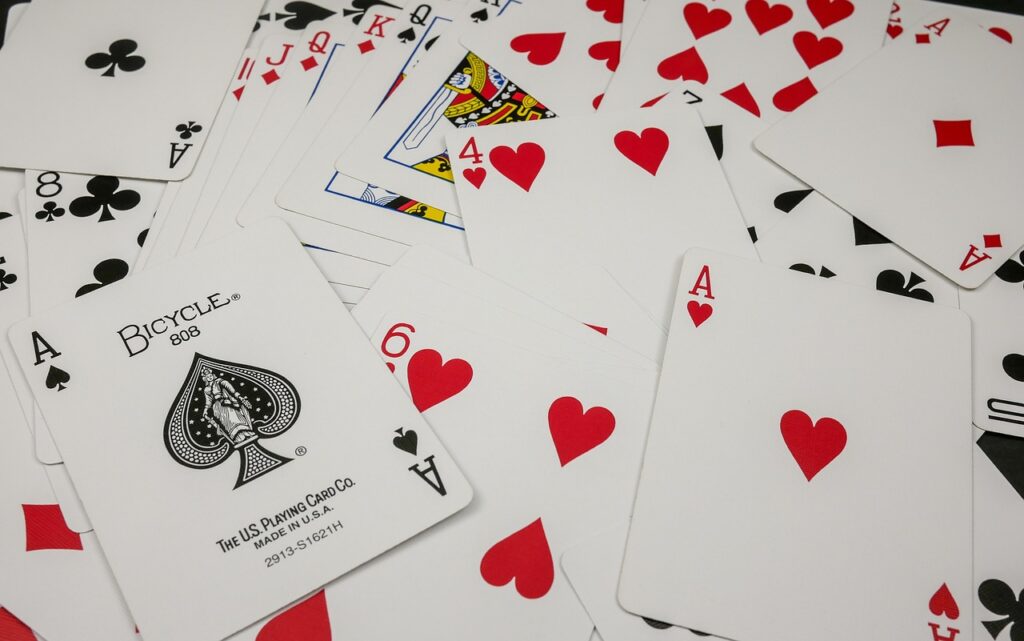
Understand Risk vs. Reward
In poker, it makes sense to take risks only if the latter are justified. For instance, you may accept a risk when your hand is strong and the potential reward is generous. Your decisions need to be data-driven. It’s crucial to carry out thorough calculations. If you can’t precisely assess some factors, at least try to define the scope of probabilities.
Over time, you’ll hone your risk assessment skills to perfection. This will enable you to make smarter decisions in everyday life. Not everyone realizes how many small casual risks they take every day: from switching off the alarm in the morning (it’s the risk of being late to work) to buying milk that is about to expire (in exchange for a discount, the consumer accepts the risks of purchasing a sour product). Besides, many people try their hand at trading or investing in digital assets — today, these options are available nearly to anyone. This is exactly where risk-assessment skills can and should come into play!
Be More Assertive
This poker skill comes in handy in everyday life, too. Are you a pushy person, a timid one or something in the middle? Timid individuals often struggle with negotiations in their private and professional lives. Their dearest and nearest might impose their decisions on them. Banks, insurance companies and other providers might offer contracts with unfavorable conditions to timid clients — and the latter might be too shy to argue. If you match this description, you should become a bit more pushy.
Playing poker is one of the greatest methods for developing assertiveness. On the one hand, you put real money at stake, which enhances your motivation. On the other hand, your opponent won’t criticize you for your emotions — because it’s a game and not a real-life environment. To a certain extent, it’s a theatrical stage where you can rehearse freely.
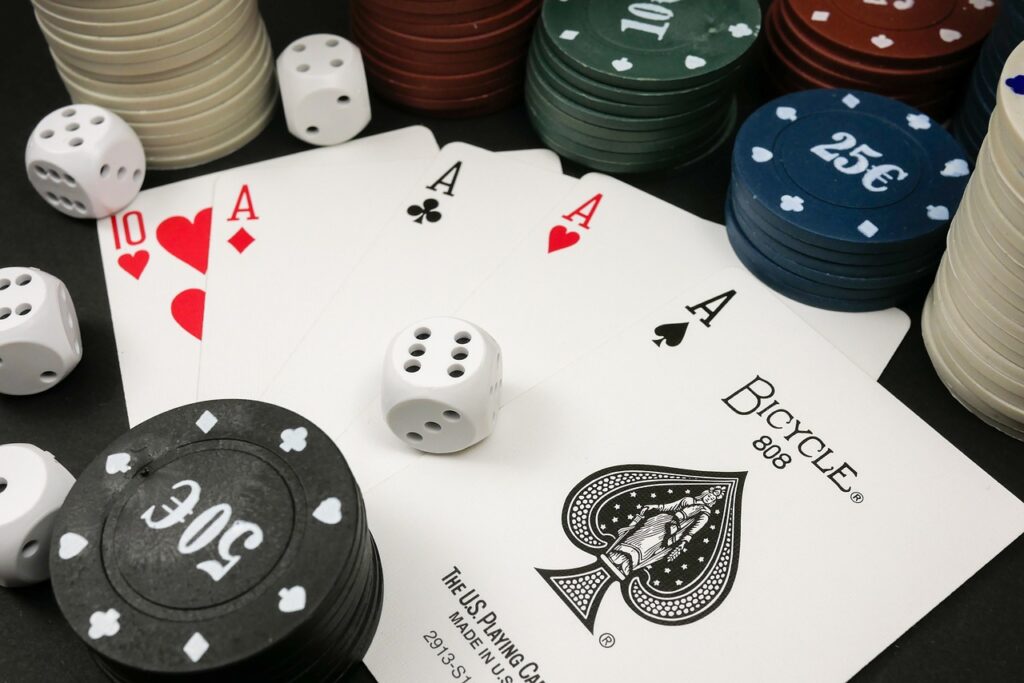
Teach Yourself to Concentrate
In the modern world, it’s becoming increasingly difficult to keep your attention focused on a specific topic or object for a long time. Every couple of minutes, our mind wants to switch to a new task — such as check incoming messages or watch a funny video. The more you distract, the slower you work and the more prone to error you become. Distractions might not impact simple, routine and monotonous tasks. But when you need to concentrate on a duty of the highest priority, you’ll be grateful to poker because it enables you to develop these skills.
Track Your Progress
The more you play poker, the smarter you become. Your mathematical and strategic thinking skills will improve. You’ll begin to better understand human psychology. Regardless of whether you’re an employed professional or run your own business, you’ll be able to make more forward-thinking decisions. Most likely, your friends and family members will tell you that you look much more confident now.
And the cherry on top is: it’s not necessary to become a pro player to reap these benefits. It’s enough to play for fun only from time to time to notice your mental progress.
Final Thoughts
Does poker take skill? Yes, of course! The more you practice, the more often you’ll win. Hopefully, the list of the required skills and the recommendations on enhancing them from this article came in handy for you! If you wish, you can get started with a poker skill test to determine how good you are. However, even without the test, you can become a happy and successful gambler!
